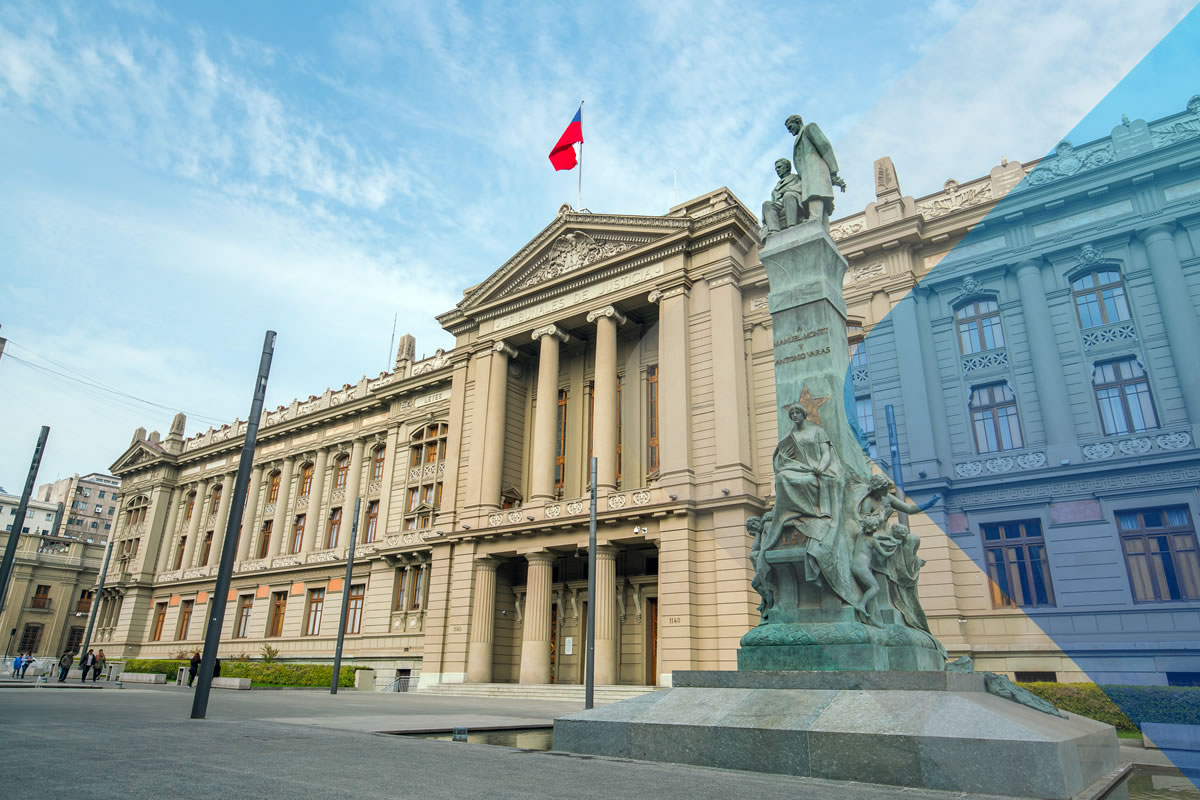Chile became one of the leading prosperous and competitive economies, not only in Latin America but worldwide. Currently, classified as a high-income economy according to the World Bank and ranked globally in
33rd place for its competitiveness in productivity growth. Due to the country’s macroeconomic and political stability, well-developed infrastructure, vast reserves of natural resources, business-friendly environment, as well as qualified talent, Chile became one of the ideal destinations in Latin America for foreign investors.
If you want to take advantage of Chile’s highly talented workforce, then it is essential to take a look at the country’s key labor laws and regulations.
4 Key Labor Laws in Chile
1. Labor Contracts: Hiring and Termination Process
According to the Chilean Labor Code,
85 percent of your company’s whole workforce must be Chilean. When it comes to employment contracts, these must be in writing (or verbal), specifying the terms and details about the labor relationship, such as salary, working hours, benefits, among others. Contracts must be executed within fifteen days after the employee started working for the company ―or five days when the contract has been signed for less than 30 days.
In Chile, there is no specified or statutory probationary period. Generally, labor agreements, these cannot be signed for longer than one year. Nevertheless, for management positions, this period can be extended to two years.
For the termination process, Chilean labor laws determine that both employees and employers must notify 30 days before the end of the employment relationship, or provide a full payment when there is no prior notice.
It is worth mentioning that the main entities in charge of enforcing labor statutes are:
- The Ministry of Labor and Social Security
- The Labor Directorate
2. Working Hours
In Chile,
working hours during the week may not be more than 45, with a maximum of 10 hours per day. Also, employees cannot work more than 2 overtime hours in a day. It is statutory that workers have at least one day of rest during the week, which regularly falls on Sunday. In a daily work basis, full-time employees should enjoy a 30-minute break.
3. Vacation
Workers who have completed one year of service with a company are entitled to fifteen (15) paid working days during a year. In some regions of Chile ―such as the province of Palena, and the 11th and 12th regions― employees have the right to twenty (20) annual paid holidays.
Additionally, for those workers with ten years of service (for one or different employers), it is statutory to add one additional paid vacation for every three years of work.
4. Legal Bonuses
Unlike other Latin American countries, in Chile, it is not legally required to give a “13th-month bonus” during December; however, some companies tend to grant it.
Furthermore, there is a legal bonus that must be provided by companies: Profit-Sharing or
Gratificación Legal. In this case, companies must share a percentage of their annual profits among their workers. With this legal bonus, businesses can
choose between different methods.
Partnering with a PEO Expert
Expanding your business into new markets can be challenging, especially when it is a must to comply with every local employment law and regulation. For this reason, it is an ideal option to partner with an
International PEO as you can get support for your different Human Resources processes ―from
payroll to employee benefits; everything in compliance with Chilean labor laws.






























